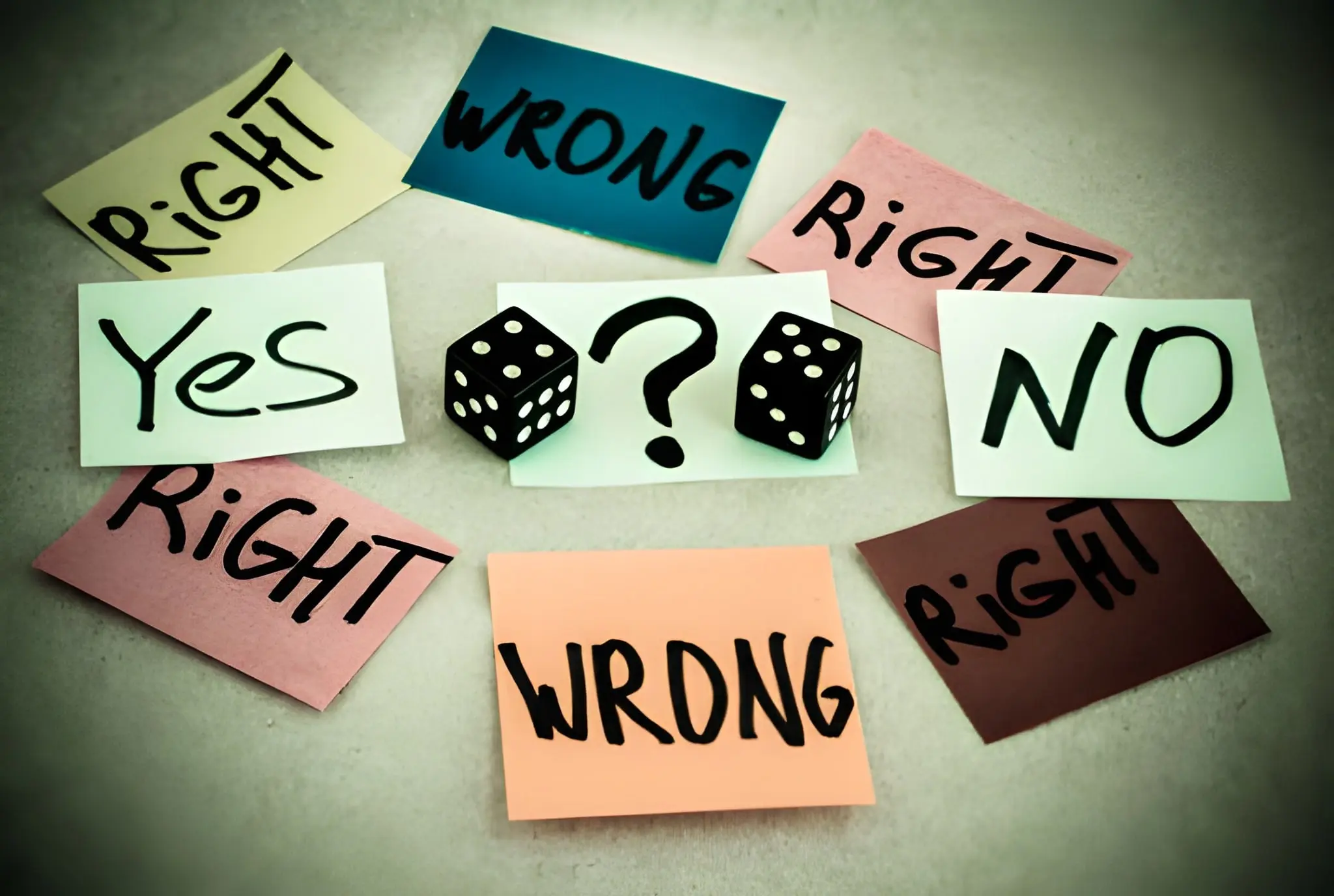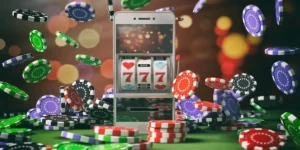You throw around gambling terms like a seasoned pro. “Hit me on this soft 17,” you say confidently. “The house edge on this slot is terrible,” you complain. “I’m due for a win after this cold streak,” you rationalize.
But here’s the uncomfortable truth: most players use gambling vocabulary incorrectly. They think they understand terms that actually have precise technical meanings—and these misunderstandings cost them money.
I discovered this during a poker night when someone confidently explained “pot odds” completely wrong, then made several expensive decisions based on that flawed understanding. It made me realize how many gambling terms I’d been misusing myself.
Let’s test your vocabulary. No cheating—answer honestly before reading the explanations.
Testing vocabulary requires platforms where terminology matters practically. Slot Magie Casino features over 2,000 games with 100% bonus up to €100 plus 200 free spins—perfect for applying terminology knowledge in real gameplay scenarios.
Term 1: “Due”
Your definition: After losing several bets in a row, you’re “due” for a win.
Reality check: Nothing in gambling is ever “due.” Each spin, hand, or roll operates independently. Previous results don’t influence future outcomes.
The “due” mentality leads to dangerous betting escalation. I’ve watched players double their bet sizes because they felt owed a win after eight consecutive losses. The roulette ball doesn’t remember your previous spins.
Why this matters: Believing you’re “due” prevents you from accepting that losing streaks are normal variance, not debt the casino owes you.
Term 2: “House Edge”
Your definition: The percentage the casino keeps from all bets.
Actual meaning: The mathematical advantage the casino has over optimal play, expressed as the percentage of each bet the house expects to keep over infinite trials.
Key distinction: house edge assumes perfect play. If you deviate from basic strategy in blackjack, your actual disadvantage exceeds the published house edge. Most players face much worse odds than they realize.
Personal example: I thought 0.5% house edge in blackjack meant I’d lose 50 cents per $100 wagered. But my imperfect play turned that 0.5% into roughly 2.5% over six months of sessions.
Term 3: “Soft Hand” (Blackjack)
Your definition: A weak hand you should probably hit.
Correct definition: Any hand containing an ace counted as 11 points.
This misunderstanding destroys bankrolls. A soft 18 (Ace-7) isn’t weak—it’s a strong hand against dealer’s 2-6, but you should actually hit it against dealer’s 9, 10, or Ace. Most players stand on soft 18 regardless of dealer upcard.
Game-specific strategy knowledge prevents costly terminology mistakes. Resources like online gambling games in arizona help players understand precise mechanics rather than relying on vague gambling terminology that leads to expensive misunderstandings.
Strategy impact: Misunderstanding soft hands costs roughly 0.8% additional house edge according to basic strategy analysis.
Term 4: “Variance”
Your definition: Bad luck that causes temporary losses.
Technical meaning: The mathematical measure of how much individual results deviate from expected value.
High variance doesn’t mean “unlucky”—it means results swing wildly around the average. Low variance means steady, predictable outcomes close to expectation.
This confusion leads players to choose high-variance games expecting consistent wins, then abandon them during inevitable downswings that are actually normal for those games.
Platform choice affects how variance plays out in practice. Testing variance concepts across different games showed that wazamba maintained consistent game performance during both high and low variance periods, helping clarify terminology through actual gameplay experience.
Term 5: “Progressive Betting”
Your definition: Increasing bets after losses to recover money.
Complete picture: Any betting system that changes bet size based on previous results—including increasing bets after wins.
The Martingale (double after losses) is just one type. Progressive betting systems can’t overcome house edge mathematically, regardless of the specific progression method used.
Dangerous assumption: Many players think progressive systems “work” because they don’t understand the difference between short-term results and long-term expectations.
Term 6: “Return to Player” (RTP)
Your definition: How much money the slot pays back.
Precise meaning: The theoretical percentage of total wagers returned to players over millions of spins, calculated using perfect mathematical probability.
96% RTP doesn’t mean you’ll get $96 back from $100. It means if a million players each bet $100, collectively they’d receive about $96 million back. Your individual session could return 0% or 200%.
Costly misconception: Players expect RTP to apply to their personal session, leading to frustration when short-term results don’t match theoretical returns.
Term 7: “Comp Points”
Your definition: Free rewards for playing.
Business reality: Marketing incentives that cost the casino roughly 15-25% of your theoretical losses to provide.
Comps aren’t gifts—they’re calculated business expenses designed to encourage longer play sessions. The “free” hotel room costs you approximately $200-400 in expected losses to earn.
Hidden truth: Chasing comps typically increases your gambling frequency and session length beyond what you’d normally choose.
Term 8: “Hot Machine”
Your definition: A slot that’s paying out frequently right now.
Mathematical fact: Slots use random number generators that make every spin independent. Machines can’t be “hot” or “cold” any more than coin flips can be.
This superstition causes players to stay on machines longer than planned or switch machines based on recent results rather than planned session limits.
Financial impact: “Hot machine” thinking extends losing sessions and prevents players from walking away during winning streaks.
Why Vocabulary Matters
Misunderstanding gambling terminology isn’t just embarrassing—it shapes your decision-making in costly ways. When you think you’re “due” for a win, you bet more aggressively. When you misunderstand house edge, you overestimate your chances.
Precise vocabulary leads to clearer thinking, which leads to better gambling decisions. You don’t need to become a mathematician, but understanding what terms actually mean helps you avoid expensive misconceptions.
Final test: If you got more than half of these wrong, spend time learning basic gambling mathematics before your next session. Your bankroll will thank you.
Also Read-
- Why Tech-Savvy Designers Are Turning to Virtual Tools for Better Results
- Creating A Financial Routine
- The Role of Enterprise AI in Modern Business Operations








